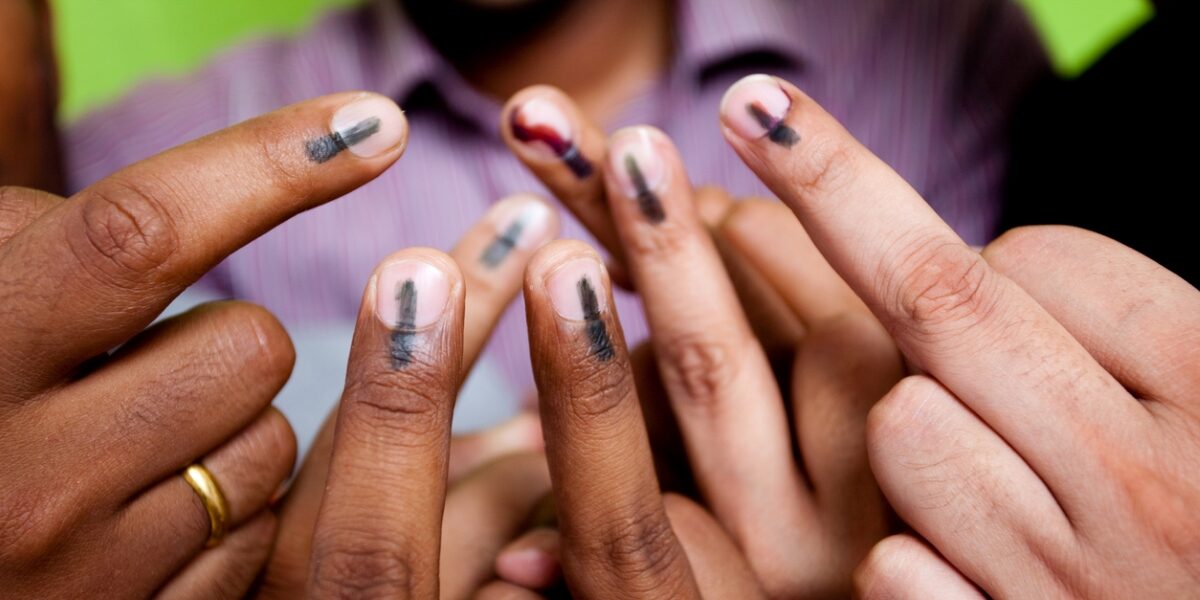The latest thinking, according to sources, originates from a tangled web of unfulfilled promises and rising unrest among farmers, dimming the party’s standing in rural heartlands.
Published Sep 11, 2025 | 7:45 AM ⚊ Updated Sep 11, 2025 | 7:45 AM

Telangana local body elections. (iStock)
Synopsis: As the Telangana High Court had issued a firm directive to hold these polls by 30 September, the government is planning to seek three months’ time from the court to hold the elections. The government’s plan to delay the elections hinges on the High Court’s decision.
The Telangana government is likely to defer local body elections, originally scheduled to be held by this month end, to January 2026.
The latest thinking, according to sources, originates from a tangled web of unfulfilled promises and rising unrest among farmers, dimming the party’s standing in rural heartlands.
As the Telangana High Court had issued a firm directive to hold these polls by 30 September, the government is planning to seek three months’ time from the court to hold the elections. The government’s plan to delay the elections hinges on the High Court’s decision.
At the heart of the delay is the Congress government’s struggle to deliver on its ambitious 2023 Kamareddy Declaration, which promised a hefty 42 percent reservation for Backward Classes (BCs) in local bodies, education, and employment.
This pledge, meant to cement Congress’s appeal among BC voters, requires breaching the Supreme Court’s 50 percent reservation cap, a move needing central approval.
The state’s efforts to make this happen have hit a roadblock. In July 2025, the government issued an ordinance to amend the Telangana Panchayat Raj Act, 2018, lifting the reservation cap. That ordinance, however, is still awaiting the Governor’s nod.
Not stopping there, the Telangana Assembly passed a bill last month to replace the ordinance, but it, too, is languishing with the Governor.
With no green light from the Centre, controlled by the BJP-led NDA, the state is now preparing to ask the High Court for more time — three months — citing these pending approvals as the bottleneck.
Congress leaders, led by Chief Minister A Revanth Reddy, had taken the fight to Delhi, staging protests in Parliament and at Jantar Mantar alongside INDIA bloc allies like DMK and RJD.
Opposition parties in the state, including the BRS and BJP, accuse Congress of grandstanding, pointing out that celebrating with a planned BC Vijayabheri rally in Kamareddy on 15 September feels hollow without concrete results.
BRS’ KT Rama Rao has called out the government for failing to deliver on other parts of the Kamareddy Declaration, while BC groups within Congress have clashed with Reddy over stopgap ideas like party-based reservations.
Adding fuel to the fire is a brewing crisis in Telangana’s farmlands. Farmers, crucial to the state’s rural vote, are fuming over a severe urea shortage as the Kharif season has already kicked in.
Protests have erupted across districts like Suryapet, Adilabad, and Mahabubnagar, with farmers blocking highways and queuing for hours at cooperative societies, some even collapsing from exhaustion.
The urea crunch has the Congress on edge, fearing a backlash in the local body elections. To cool tempers, the government is planning to pay the second tranche of Rythu Bharosa scheme by December, a beefed-up version of the BRS-era Rythu Bandhu. The government is also planning to pay ₹500 per quintal bonus by then for fine rice varieties procured by the state government.
Delaying the polls risks ₹3,000 crore in central grants, and Congress’s credibility among BCs and farmers hangs in the balance.
(Edited by Sumavarsha)
